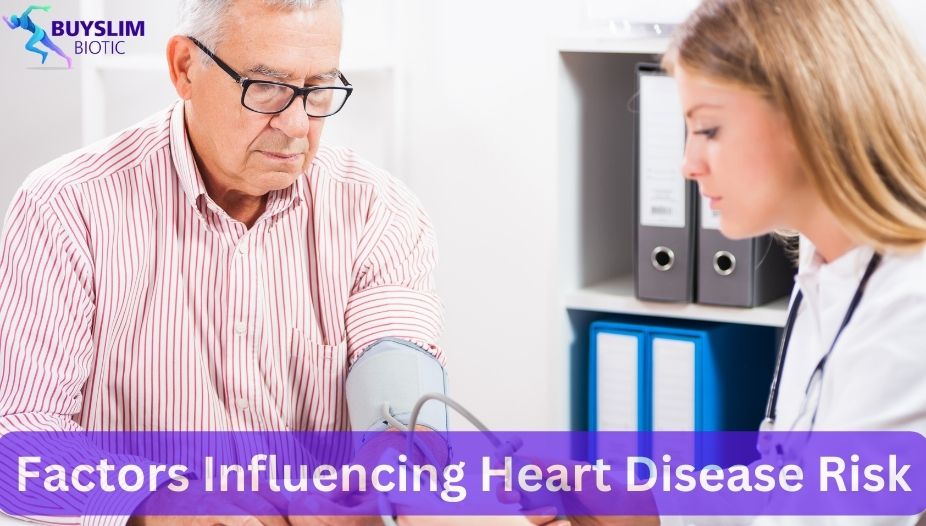Embrace the transformative power of Lifestyle Medicine with our guide on its core principles. Learn how to enhance your health through diet, exercise, sleep, and stress management, and understand the impact of social connections on well-being. Begin your journey to a holistic, healthier life today
Getting well-being right is essential to your health and happiness. But it’s not always easy to figure out how to build these skills.
The American College of Lifestyle Medicine (ACLM) has developed a curriculum to teach physicians the lifestyle medicine core competencies, so they can better help their patients maintain and improve their well-being.
1. Eat a Healthy Diet
Eating a healthy diet is an important part of overall well-being and can help prevent disease. Getting enough fruits, vegetables, whole grains, and protein can boost your mood, help reduce the risk of obesity, and keep your energy levels up. It’s also important to limit how much processed foods, sugar, and alcohol you eat.
But eating healthy doesn’t have to be a hard or boring task! It can be as simple as replacing a bowl of cereal with fresh fruit, or making sure you eat a variety of different foods in your meals. You can also find ways to cut back on unhealthy foods like processed meat and dairy by switching them out for lean proteins, beans, wholegrains, or fruit.
You’ll be surprised to learn that many chronic diseases are associated with poor diet and nutrition. In fact, dietary changes can treat and even reverse several of these conditions! This is why most guidelines for treating chronic diseases recommend lifestyle medicine as the first line of treatment, before medications.
The nutrition pillar of lifestyle medicine encourages people to eat a balanced diet that includes a variety of fruits, vegetables, lean protein, whole grains and unsaturated fats (like olive oil). It is important to include food from each major group in your daily meal plans, and to limit the amount of sugar and salt you consume. It’s also important to be mindful of how many kilojoules you are consuming and to avoid foods high in saturated fat (such as animal products, full-fat milk, butter, some nuts and oils). Eating a healthy diet is essential for everyone at every life stage, and it can help you feel your best.

2. Get Regular Exercise
There’s nothing quite like the feeling of endorphins from a brisk walk or gym session to lift your mood and improve your self-esteem. Exercise may also boost your metabolism and strengthen your immune system. Plus, it can help you sleep better and live longer (although not as long as a healthy diet).
People who are physically active have lower rates of many chronic conditions. For example, regular exercise reduces the risk of heart disease, high blood pressure, diabetes and some cancers. It’s also associated with a lower risk of dementia, depression and anxiety.
However, most adults don’t get enough physical activity. Many spend seven hours or more a day sitting down, either at work, on transport or in their leisure time. This sedentary lifestyle is one of the biggest causes of poor health in the UK.
In fact, most medical guidelines for managing chronic illness now include advice about changing unhealthy habits and activities. This is called lifestyle medicine and it has been proven to be effective in reducing the need for medications and improving symptoms and overall wellbeing.
Maryanne Turvin, a health coach at Rochester Lifestyle Medicine, has seen her patients reverse chronic illnesses such as high cholesterol, diabetes and arthritis with a whole-food, plant-based diet. “With this type of diet, they have more energy,” she says.
The key is to start small and make gradual changes. Set a goal, such as exercising five times a week for 30 minutes, and build it into your daily or weekly routine. Even household chores such as sweeping, mopping or vacuuming can provide a mild workout. It takes most people two to six weeks to establish an exercise habit, so stick with it. The more you do it, the easier it will become.
3. Manage Stress
Stress is a normal part of life and can even be beneficial — it gets us to the mall on time to buy that perfect sweater or spurs us into action when our car breaks down. However, too much constant stress can have a negative effect on health. People who live with high levels of chronic stress are at greater risk for heart disease, obesity, depression and anxiety, and a host of other physical ailments.
Stress can be caused by many different things including relationship issues, work pressures, financial worries, a loss of a loved one, job or health-related difficulties and societal problems like racism and poverty. Some of these things you can change, others you can’t (for example, losing a loved one or a job). Emotional and mental health professionals are good resources to help you cope with these types of situations.
The most effective way to manage stress is through a combination of techniques. Try to find a balance between your work and family responsibilities, social activities and solitary hobbies, exercise and rest. Some people also find it helpful to use meditation, prayer or other spiritual practices to lower their stress levels. Cultivating a strong support system can increase resilience to stress and improve overall health. This can be as simple as spending quality time with friends, volunteering, or talking to a trusted health professional or therapist.
Avoid unhealthy ways to deal with stress, such as turning to food or drugs. Instead, seek out healthy coping strategies like yoga, mindfulness, and other relaxation techniques. It’s important to get enough sleep, too – seven to nine hours a night and a consistent sleep schedule are recommended.
4. Get a Good Night’s Sleep
It’s no secret that getting enough sleep is important. Studies have shown that sleeping well can help protect against heart disease, high blood pressure, and diabetes, as well as increase concentration, memory, mood, and energy levels. A good night’s sleep can also improve your ability to deal with stress and make better decisions.
Unfortunately, many people do not get the amount of sleep they need. In fact, according to the American Sleep Association, most adults need seven or more hours of restful sleep every night.
During sleep, the body performs a variety of vital repairing and maintaining processes that affect nearly every system in the body. When the body does not receive adequate sleep, it can lead to a variety of illnesses and medical conditions, including cardiovascular disease, obesity, type 2 diabetes, high blood pressure, and stroke. Insufficient sleep has also been linked to depression, poor mental health, and an increased risk of early death.
In fact, getting a good night’s sleep is so important that the American Heart Association recently added it to their list of cardiovascular health tips. Research has shown that those who prioritize a healthy sleep routine are more likely to stick with other healthy habits such as eating a balanced diet, exercising regularly, and avoiding tobacco and alcohol.
For best results, try to go to bed and wake up at the same time each day, including weekends. Avoid large meals, caffeine, and alcohol before bed. If you still find that you’re not getting a good night’s sleep, consider keeping a sleep diary for ten days to see what is interfering with your sleep cycle. Then, discuss your results with your healthcare provider.
5. Connect with Others
Humans are wired to connect, and the importance of healthy connections has been supported by decades of research. A strong community and support network can help individuals develop the healthy habits and behaviors necessary to achieve a long and happy life. As lifestyle medicine continues to grow as a medical specialty, it’s important for health care professionals to incorporate these concepts into their counseling and prescriptions.
The most common modalities of lifestyle medicine include regular exercise, nutritious foods, stress management, smoking cessation and moderate alcohol use. However, a growing body of evidence suggests that connection and social engagement is just as vital to overall well-being as these other health habits.
Studies show that feeling connected to others improves mental and physical health, with some benefits including healthier weight, lower blood pressure, greater cancer survival, and a longer life. Conversely, social isolation has been linked to a higher risk of post-traumatic stress disorder symptoms and mortality.
Connecting with others can be as simple as sharing a meal or group activity, taking the time to talk face-to-face, or calling a loved one to simply check in. It can also be as involved as volunteering, learning new skills to deepen current relationships, or seeking out new friends and acquaintances that share deeper personal values.
A ten-item model that includes both hedonic and eudaimonic dimensions of well-being—competence, emotional stability, engagement, meaning, optimism, positive emotions, positive relationships, resilience, and self-esteem—has been utilized by researchers to better understand and assess this idea. Compared to single-item measurements like happiness or life satisfaction, this approach offers a more thorough understanding of well-being and enables more focused interventions.





